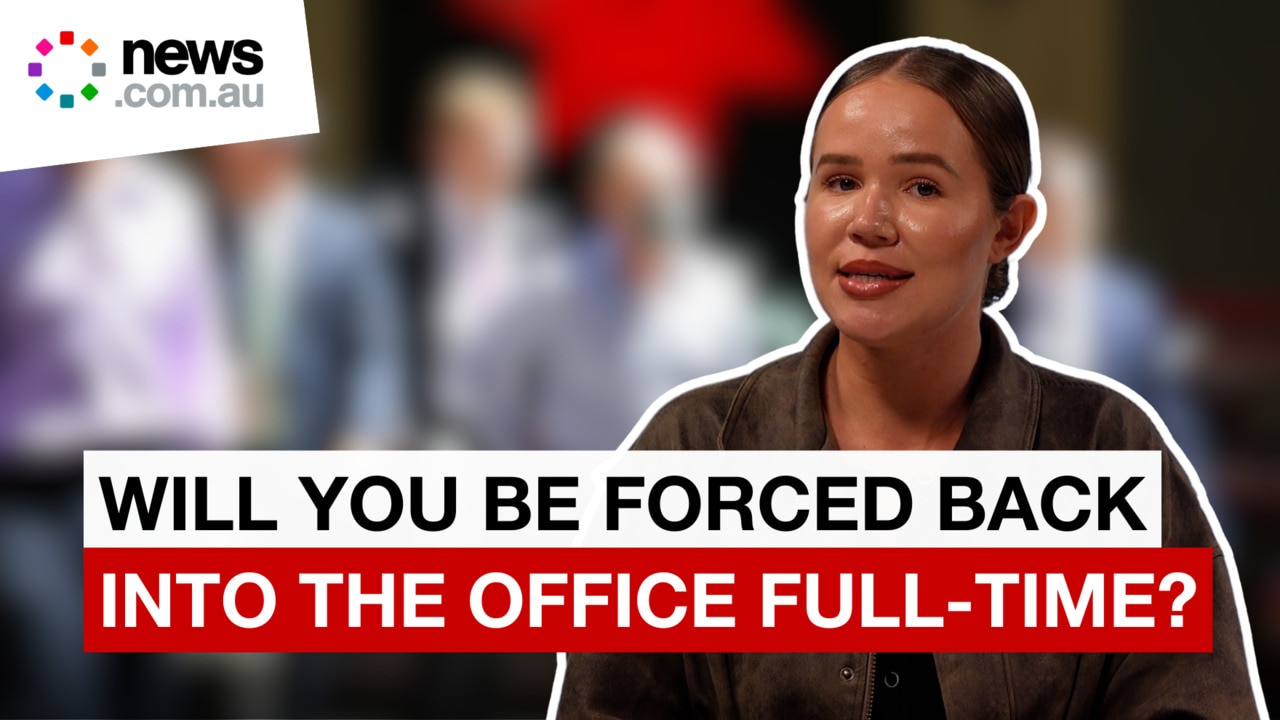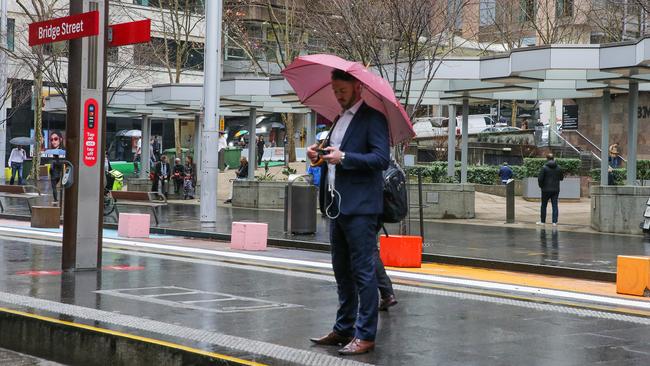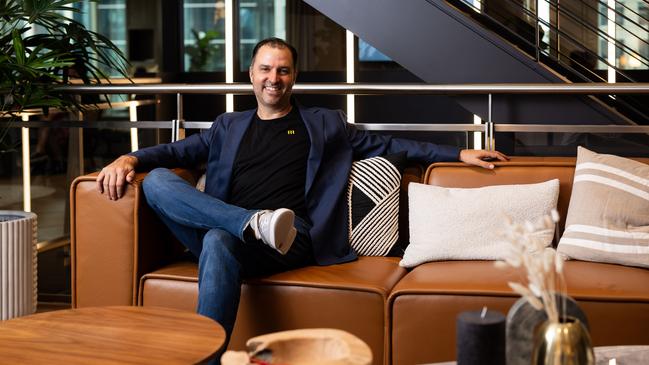Major survey reveals businesses less likely to hire Aussies who won’t work in office five days a week
As a generational divide over working from home continues, a major survey has revealed what businesses really think about workers who don’t want to work from the office.

At Work
Don't miss out on the headlines from At Work. Followed categories will be added to My News.
Australian businesses are less likely to hire someone who will not work in the office five days a week, a large survey of private sector managers finds.
HR software firm Rippling polled 500 Australian business leaders on their expansion goals for 2025, where they are looking for new staff and how the work-from-home tussle is playing out.
The report finds 57 per cent of employers are less likely to hire candidates unwilling to work onsite five days a week.
Another 60 per cent are less likely to consider candidates who will not work beyond contracted hours.
“Employers must communicate their expectations clearly to ensure alignment with employees’ own expectations for flexibility,” Matt Loop, Rippling head of Asia told NewsWire.

“Ultimately, the goal should be a workplace dynamic that prioritises results, engagement, and wellbeing over rigid rules,” he said.
Gen Z - most commonly deemed as people born between 1997 and 2012 - are not happy about being pulled back into the office.
The polling surveyed people working in middle-management or above, including HR leaders, finance leaders, business owners, managing directors and IT leaders, at firms with a headcount between 20 and 500.
The research found Gen Z’s preference to work from home, unwillingness to work outside standard hours, lack of company loyalty and desire for rapid career progression all rank as main concerns among the managers surveyed.

Major Australian corporations are telling staff to get back into offices, the latest being Coles.
But this post-pandemic workplace reversion is not popular among workers in their early to late-20s.
“This shift poses challenges in attracting and retaining Gen Z employees, who favour remote work and high flexibility,” Mr Loop said.
“Employers need to find a balance by creating growth pathways that respect these preferences while also ensuring that essential skills and experience are developed along the way.”
The survey also shows signs the private sector will try to mirror the public sector growth which has pushed the economy to moderate growth in the past year.

Public sector job creation, wage rises, and government subsidies have kept the economy from shrinking this year.
Production in agriculture, forestry and fishing, mining, wholesale trade, and accommodation and food services all went backwards in the year to June.
The Rippling report shows the private sector will be trying to buck that trend in the new year; 86 per cent of businesses are planning to hire more employees in 2025, and 89 per cent are looking internationally.
Australian firms are most often looking to recruit from Singapore, China and the broader Asia-Pacific region.
However, businesses are finding it tough recruiting Australians with critical thinking skills, cybersecurity expertise, and industry-specific certifications.
Rippling also found artificial intelligence is all-but totally embedded in the hiring and induction steps now too.
Rippling also found 97 per cent of Australian businesses incorporate AI in hiring and onboarding.
AI is sifting through resumes to match people with the most suitable job, Mr Loop said, as well as do background checks, and uncover details about applicants a human may skim over.
Originally published as Major survey reveals businesses less likely to hire Aussies who won’t work in office five days a week



